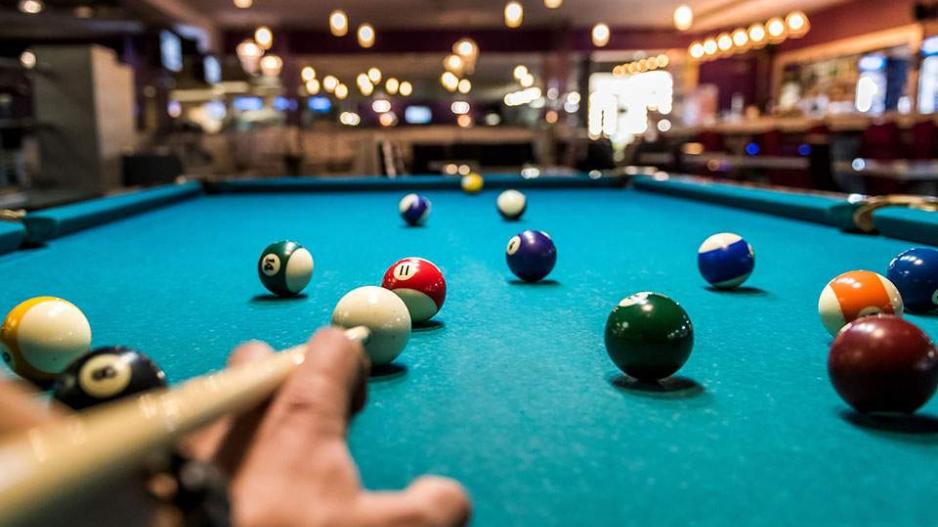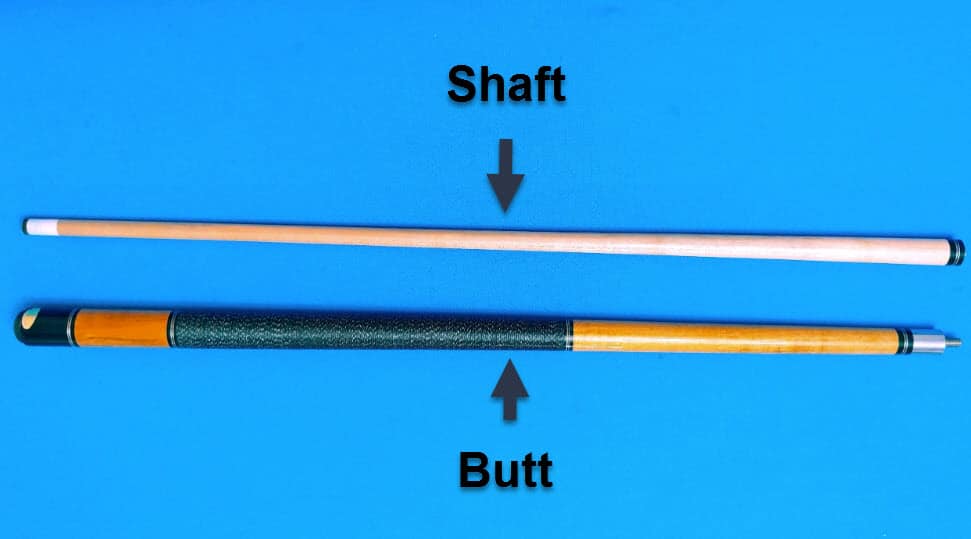Short Cue Sticks: A Comprehensive Guide For Pool And Billiards Enthusiasts
Hey there, pool and billiards lovers! If you're diving into the world of cue sports, you've probably heard whispers about short cue sticks. These nifty little tools are game-changers for players of all sizes. Whether you're a newbie or a seasoned pro, knowing the ins and outs of short cue sticks can elevate your game. So, buckle up because we’re about to deep-dive into the fascinating world of these compact powerhouses.
Let’s face it, traditional long cues aren’t for everyone. If you're on the shorter side, have physical limitations, or just prefer something more manageable, short cue sticks might be your new best friend. They’re not just mini versions of the long ones; they’re precision-engineered tools designed to give you maximum control with minimal hassle.
In this guide, we’ll break down everything you need to know about short cue sticks. From their benefits and drawbacks to tips on choosing the right one, we’ve got you covered. So grab a drink, sit back, and let’s explore why short cue sticks are worth considering for your next pool night.
Read also:Leanne Morgans Husbands Clayton Homes A Closer Look
Table of Contents
- What Are Short Cue Sticks?
- The History of Short Cue Sticks
- Benefits of Using Short Cue Sticks
- Drawbacks to Consider
- Choosing the Right Short Cue
- Materials and Design
- Tips for Using Short Cue Sticks
- Famous Players Who Use Short Cue Sticks
- Maintenance and Care
- Conclusion: Is a Short Cue Stick Right for You?
What Are Short Cue Sticks?
Alright, let's start with the basics. Short cue sticks are, well, shorter versions of the standard pool and billiards cues. They typically range from 42 to 46 inches in length, compared to the usual 57 to 58 inches of a traditional cue. These sticks are specifically designed for players who find long cues cumbersome or uncomfortable.
They’re not just for shorter players, though. Anyone looking for more control and precision in tight spaces can benefit from using a short cue. Plus, they’re super handy for beginners who are still getting the hang of cue sports.
The History of Short Cue Sticks
Short cue sticks have been around for longer than you might think. Back in the day, pool tables were a luxury item, and only the wealthy could afford them. As the game became more popular, manufacturers started creating cues that catered to a wider audience.
In the early 20th century, shorter cues began to gain traction, especially in smaller venues where space was limited. Over time, advancements in technology and materials made it possible to produce high-quality short cues that rival their longer counterparts in performance.
Evolution of Short Cues
From wooden shafts to carbon fiber and fiberglass, the evolution of short cue sticks has been remarkable. Today, you can find a wide variety of options that cater to different playing styles and preferences.
Benefits of Using Short Cue Sticks
So, why should you consider switching to a short cue stick? Here are some of the top benefits:
Read also:House Of Ho Unveiling The Legacy History And Influence
- Improved Comfort: Short cues are easier to handle, especially for players with smaller hands or shorter stature.
- Better Control: They allow for more precise shots in tight spaces.
- Increased Portability: Shorter cues are easier to carry around and store.
- Enhanced Confidence: Players who struggle with long cues often feel more confident with a short one in hand.
Drawbacks to Consider
Of course, no tool is perfect. Here are a few potential downsides to keep in mind:
- Learning Curve: If you’re used to long cues, it might take some time to adjust to the shorter length.
- Less Power: Some players feel that short cues don’t offer the same power as long ones.
- Availability: Depending on where you live, finding a good-quality short cue might be a challenge.
Choosing the Right Short Cue
Picking the perfect short cue stick can feel overwhelming, but don’t sweat it. Here are a few things to consider:
- Length: Make sure the cue is the right size for your height and playing style.
- Weight: A well-balanced cue can make a huge difference in your game.
- Material: Whether you prefer wood, fiberglass, or carbon fiber, choose a material that feels right for you.
- Shaft Design: Look for cues with ergonomic shafts that reduce strain on your hands and wrists.
Key Features to Look For
When shopping for a short cue, keep an eye out for features like joint strength, tip quality, and overall craftsmanship. These factors can significantly impact your playing experience.
Materials and Design
Short cue sticks come in a variety of materials, each with its own pros and cons. Here’s a quick rundown:
- Wood: Classic and reliable, wood cues offer a natural feel and are great for beginners.
- Carbon Fiber: Lightweight and durable, carbon fiber cues are ideal for players who prioritize performance.
- Fiberglass: A budget-friendly option that still delivers solid performance.
Design-wise, look for cues with ergonomic grips and precision tips. These small details can make a big difference in your game.
Tips for Using Short Cue Sticks
Now that you’ve got your short cue, here are a few tips to help you master it:
- Practice Your Stance: Adjust your stance to accommodate the shorter length.
- Focus on Accuracy: Short cues excel in precision, so hone your aim.
- Experiment with Shots: Try different types of shots to see what works best for you.
Famous Players Who Use Short Cue Sticks
Believe it or not, some of the biggest names in pool and billiards swear by short cues. Here’s a look at a few:
- Jeanette Lee: Known as the "Black Widow," Lee often uses a short cue for added control.
- Shane Van Boening: One of the top players in the world, Van Boening has been spotted using short cues in tournaments.
Why Do They Choose Short Cues?
These pros choose short cues for their precision and versatility. They understand that sometimes, a shorter stick can give you the edge you need to win.
Maintenance and Care
Proper maintenance is key to keeping your short cue stick in top condition. Here’s how to take care of it:
- Regular Cleaning: Wipe down your cue after every use to prevent buildup.
- Tip Maintenance: Check your tip regularly and replace it as needed.
- Storage: Keep your cue in a safe, dry place to prevent damage.
Conclusion: Is a Short Cue Stick Right for You?
So, there you have it—everything you need to know about short cue sticks. Whether you’re a seasoned player or just starting out, these compact cues can be a game-changer. They offer improved comfort, better control, and increased portability, making them a great choice for many players.
But remember, the key is finding the right one for you. Take your time, do your research, and don’t be afraid to try out different options. And hey, if you’re still on the fence, drop a comment below and let us know what’s holding you back. Who knows? Maybe we can help you make the decision.
Until next time, keep hustling, keep practicing, and most importantly, keep enjoying the game!


